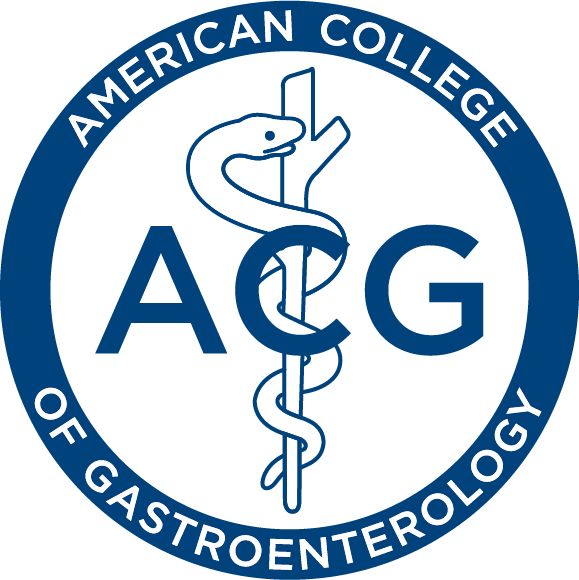A Guide for Vaccinating the IBD Patient and Findings on the Impact of Gluten-Free Diet in Adult Celiac Patients Featured in June Issue of The American Journal of Gastroenterology
Newswise — A guide for vaccinating the Inflammatory Bowel Disease patient, and studies looking at the impact of a gluten-free diet on adults with celiac disease and the relationship between cognitive factors and treatment response in patients with functional bowel disorders, like IBS, are among the highlights of the June issue of The American Journal of Gastroenterology.
Although advances in therapies for IBD patients have increased the number of infectious complications, IBD patients continue to have poor rates of immunization—and as a result are at greater risk of contracting an infectious disease, according to “A Practical Guide to Vaccinating the Inflammatory Bowel Disease Patient,” published in the June issue.
The study, “Mucosal Recovery and Mortality in Adults with Celiac Disease After Treatment with a Gluten-Free Diet,” found that mucosal recovery was absent in a “substantial portion” of adults with celiac disease years after diagnosis, and that there is a “borderline significant association” between confirmed mucosal recovery (vs. permanent damage) and reduced mortality.
For medication, psychological, and placebo treatment in functional bowel disorders (FBD), satisfaction with treatment depends on cognitive factors of confidence in treatments, perceived control over illness and symptoms, and reduction in negative cognitions related to symptom experience. The study, “Cognitive Factors Affect Treatment Response to Medical and Psychological Treatments in Functional Bowel Disorders,” concluded that addressing these issues among patients with FBD may enhance treatment response to a variety of treatments.
This month’s Journal also features a number of other findings, including:
• High-Definition chromocolonoscopy marginally increased overall adenoma detection, and yielded a modest increase in flat adenoma and small adenoma detection, compared with high-definition white light colonoscopy. As a result, the findings of the study, “High-Definition Chromcolonoscopy vs. High-Definition White Light Colonoscopy for Average-Risk Colorectal Cancer Screening,” do not support the routine use of high-definition chromocoloscopy.• L-carnitine is effective in reducing total cholesterol, oxidized low-density lipoprotein cholesterol, and triglycerides, and in improving insulin resistance. The study, “L-Carnitine Supplementation to Diet: A New Tool in Treatment of Nonalcoholic Steatohepatitis-A Randomized and Controlled Clinical Trial,” found that L-carnitine treatment and lifestyle changes, including weight loss and exercise, can represent treatment options in NASH.• Celecoxib at a dose of 16mg/kg/day, corresponding to the adult dose of 400 mg BID, is safe, well-tolerated, and significantly reduced the number of colorectal polyps in children with Familial Adenomatous Polyposis (FAP). The study, “The Safety and Efficacy of Celecoxib in Children with Familial Adenomatous Polyposis,” also found that celecoxib is not associated with any increase in adverse events, compared with placebo.
View the Table of Contents and abstracts from the June issue--including the IBD vaccination guide and the studies cited above--online at The American Journal of Gastroenterology.
For full texts, please contact the ACG at [email protected] or 301-263-9000.
About the American College of Gastroenterology Founded in 1932, the American College of Gastroenterology (ACG) is an organization with an international membership of over 11,000 individuals from 80 countries. The College is committed to serving the clinically oriented digestive disease specialist through its emphasis on scholarly practice, teaching and research. The mission of the College is to serve the evolving needs of physicians in the delivery of high quality, scientifically sound, humanistic, ethical and cost-effective health care to gastroenterology patients.
About The American Journal of Gastroenterology The American Journal of Gastroenterology is published on behalf of the American College of Gastroenterology by Nature Publishing Group. As the leading clinical journal covering gastroenterology and hepatology, The American Journal of Gastroenterology (AJG) provides practical and professional support for clinicians dealing with the gastroenterological disorders seen most often in patients.
Published with practicing clinicians in mind, AJG devotes itself to publishing timely medical research in gastroenterology and hepatology. The Co-Editors-in-Chief are William D. Chey, MD, AGAF, FACG, FACP of the University of Michigan and Paul Moayyedi, BSc, MB ChB, PhD, MPH, FRCP, FRCPC, FACG of McMaster University.
MEDIA CONTACT
Register for reporter access to contact detailsCITATIONS
The American Journal of Gastroenterology (June, 2010)
